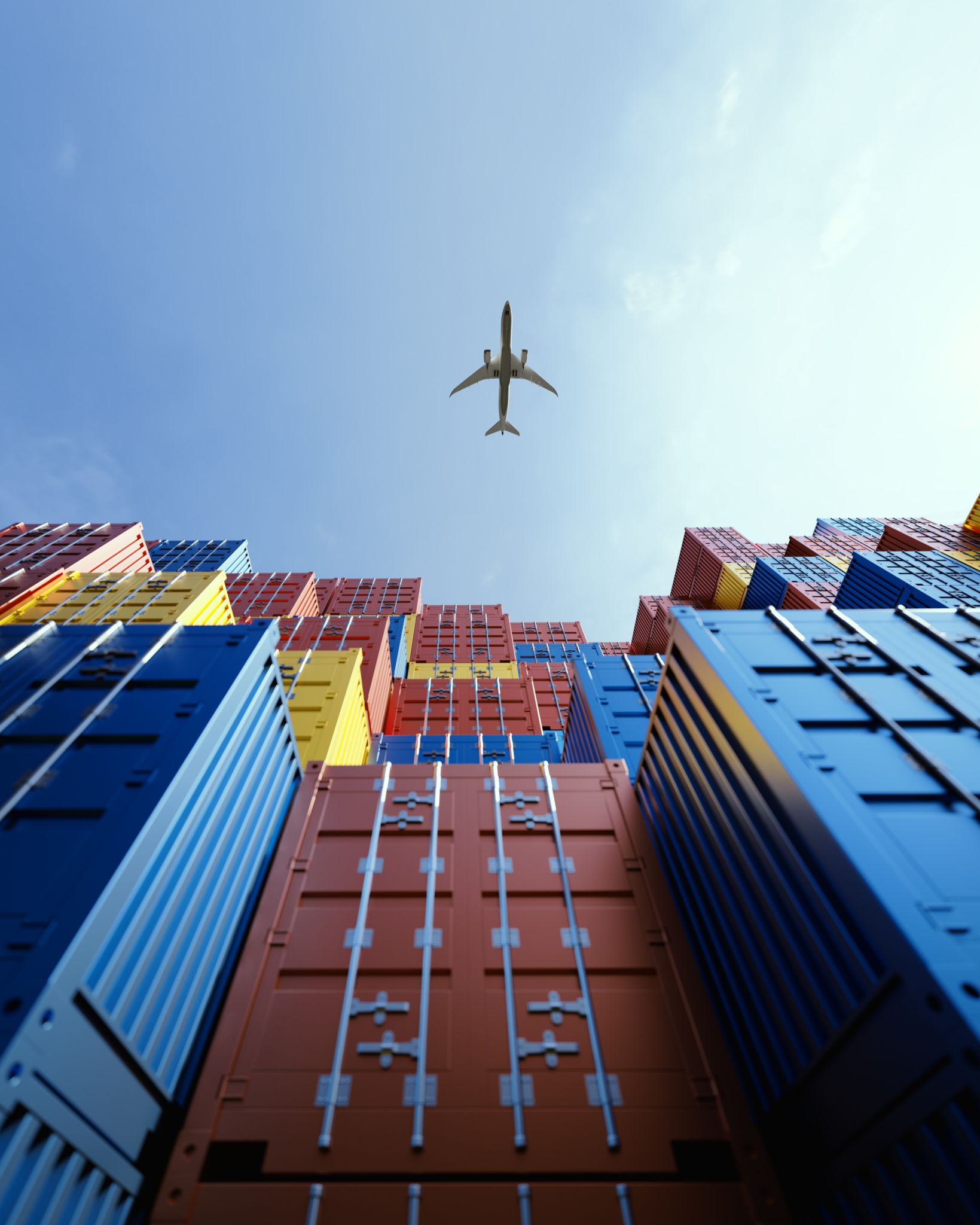Common Misconceptions About International Agro Trade and How to Avoid Them
Misconception 1: International Agro Trade Is Only for Large Corporations
Many believe that international agro trade is dominated solely by large corporations with vast resources and networks. While these companies do play a significant role, small and medium enterprises (SMEs) also have substantial opportunities in this sector. With the right strategies and partnerships, even smaller businesses can tap into the global market.

To avoid falling into this misconception, SMEs should focus on building strong relationships with reliable partners and leverage digital platforms that connect buyers and sellers globally. These tools can help level the playing field, making international trade more accessible.
Misconception 2: Tariffs and Regulations Are Universally Applied
Another common misconception is that tariffs and regulations are standardized across all countries. In reality, they vary widely from one region to another. Each country has its own set of rules governing the import and export of agricultural products, which can be complex and constantly changing.
To navigate these complexities, businesses should invest in understanding the specific regulations of the countries they are trading with. Consulting with trade experts or hiring specialized legal advisors can help ensure compliance and avoid costly penalties.

Understanding Trade Agreements
Trade agreements between countries can significantly affect tariffs and duties. Staying informed about current trade agreements can offer competitive advantages and open up new markets. Businesses should regularly review government publications and updates to stay ahead of changes that could impact their operations.
Misconception 3: Quality Standards Are Uniform Across Markets
A prevalent assumption is that quality standards for agricultural products are consistent worldwide. However, different markets have distinct preferences and regulatory requirements regarding product quality, packaging, and labeling.
To avoid issues related to quality standards, exporters should thoroughly research target markets to understand local consumer preferences and regulatory requirements. Adapting products to meet these standards not only improves market acceptance but also enhances brand reputation.

Engaging with Local Partners
Developing relationships with local distributors or agents can provide valuable insights into market-specific quality expectations. These partners can offer guidance on necessary adjustments to meet local standards, ensuring successful penetration into new markets.
Misconception 4: Logistics Are a Minor Consideration
Some traders underestimate the complexity of logistics in international agro trade. Efficient transportation and handling of agricultural products are crucial for maintaining product quality, reducing costs, and meeting delivery timelines.
To mitigate logistics-related challenges, businesses should collaborate with experienced logistics providers who specialize in agricultural products. These partners can offer tailored solutions to optimize supply chains and improve overall efficiency.

The Role of Technology in Logistics
Technology can significantly enhance logistics operations. Implementing advanced tracking systems and inventory management tools can streamline processes, minimize delays, and ensure timely delivery of products to international markets.
Avoiding Misconceptions for Successful Trade
Avoiding these common misconceptions requires continuous learning and adaptation. By staying informed about market trends, regulatory changes, and technological advancements, businesses can position themselves for success in the dynamic field of international agro trade.
Ultimately, embracing a proactive approach to understanding the nuances of different markets will enable companies to capitalize on opportunities and thrive in the competitive landscape of global agriculture.
